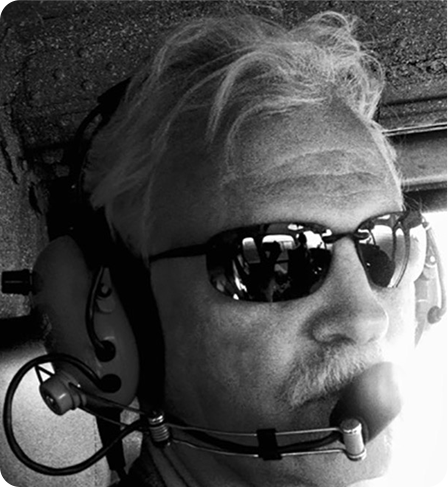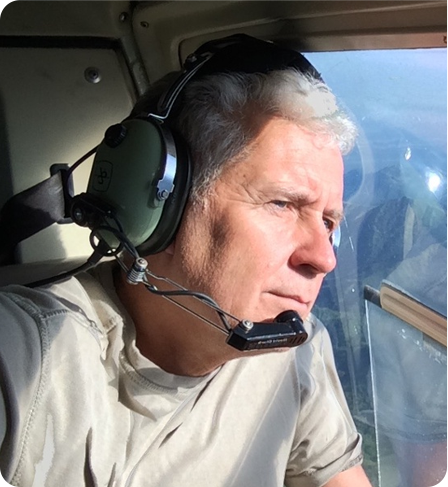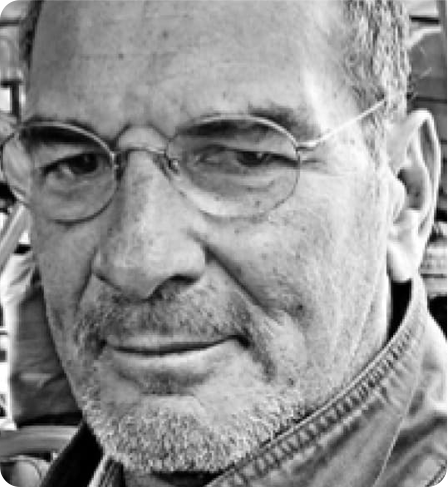The Earth Archive is a scientific and educational nonprofit
organization
(501(c)(3) with the broad vision
of creating a digital planet for future
generations.
It is the mission, duty, and purpose of the Earth Archive (EA) to address, educate, coordinate, and provide the funding and resources as part of an international effort to create a 3D digital Earth to provide a comprehensive baseline database of the Planet’s surface, and everything on it, at a high resolution to provide solutions for populations at risk. The ultimate vision is to create a digital planet as a gift for future generations that will serve as a baseline for both climate change mitigation and migration efforts on a local and global level.
The EA will closely adhere to the four following core values:
- To honor future generations with a digital baseline archive of Earth
- To respect and acknowledge both the equity and ethical challenges of remote scanning and be a leader in staging conversations and setting best practices for all
- To get this done as rapidly as possible and then scale the distribution of the data to the most in need countries and people on the planet
- To increase resources to localized solutions applying the data for systemic changes to support both Earth and people

Our rapidly changing earth presents a grand challenge for humanity and there is an urgent need to digitally capture the planet’s surface, providing a legacy for future generations, and as a critical baseline for measuring sustainability efforts including carbon offsets. Airborne light detection and ranging (LiDAR), which involves firing a dense grid of infrared beams to the ground from an aircraft, is the ultimate conservation tool that allows us to digitize the Earth.
The EA is an international effort to LiDAR scan the entire land mass of the planet (29.2%) to create a 3D digital Earth. The goal is to provide a comprehensive baseline database of the Earth’s surface and everything on it, at a high resolution-- and help provide solutions for populations at the greatest risk.
All data collected and collated by the EA will be archived in an online platform with access provided to the public, science, and industry and will follow five basic data protocols:
- To encourage the research and publication of the archive data and the many applications for improving climate related challenges
- To provide for the wide dissemination of information about climate change impacts in real time with relevant and necessary baseline data
- To provide a location for the collection and preservation of a digital planet, information, and applications for impact
- And to exhibit this material electronically through a virtual archive on the world wide web. The Earth Archive will store the LiDAR data in an open source online archive to encourage the use by educational institutions, environmental and conservation groups, botanists, fire prevention efforts, and climate change efforts both for carbon offsets and human climate migration.
- The Earth Archive will also promote ethical practices within the LiDAR and remote scanning community by establishing standards for the release of data in ways that respect the sovereignty of indigeous people and local communities, cultural traditions and promote a respect for people through standardizing the practices for the LiDAR community.
Meet our Leadership Team

Dr. Chris Fisher
Founder/Director

Dr. Stephen Leisz
Co-Director
Meet our Advisory Board

Cheryl Ginyard-Jones
Advisory Board

Ron Chapple
Advisory Board

Douglas Preston
Advisory Board

William Sarni
Advisory Board

Peter Atalla
Advisory Board
Meet our Regional Coordinators

Dr. Eduardo Góes-Neves - Brazil
Regional Coordinators

Dr. James Zeidler – Ecuador
Regional Coordinators

Dr. Carla Jaimes Betancourt – Bolivia
Regional Coordinators

Francisco Forero-Bonell – Colombia
Regional Coordinators

Dr. Aldo Bolaños – Peru
Regional Coordinators

Dr. Rafael Angel Gassón– Venezuela
Regional Coordinators



